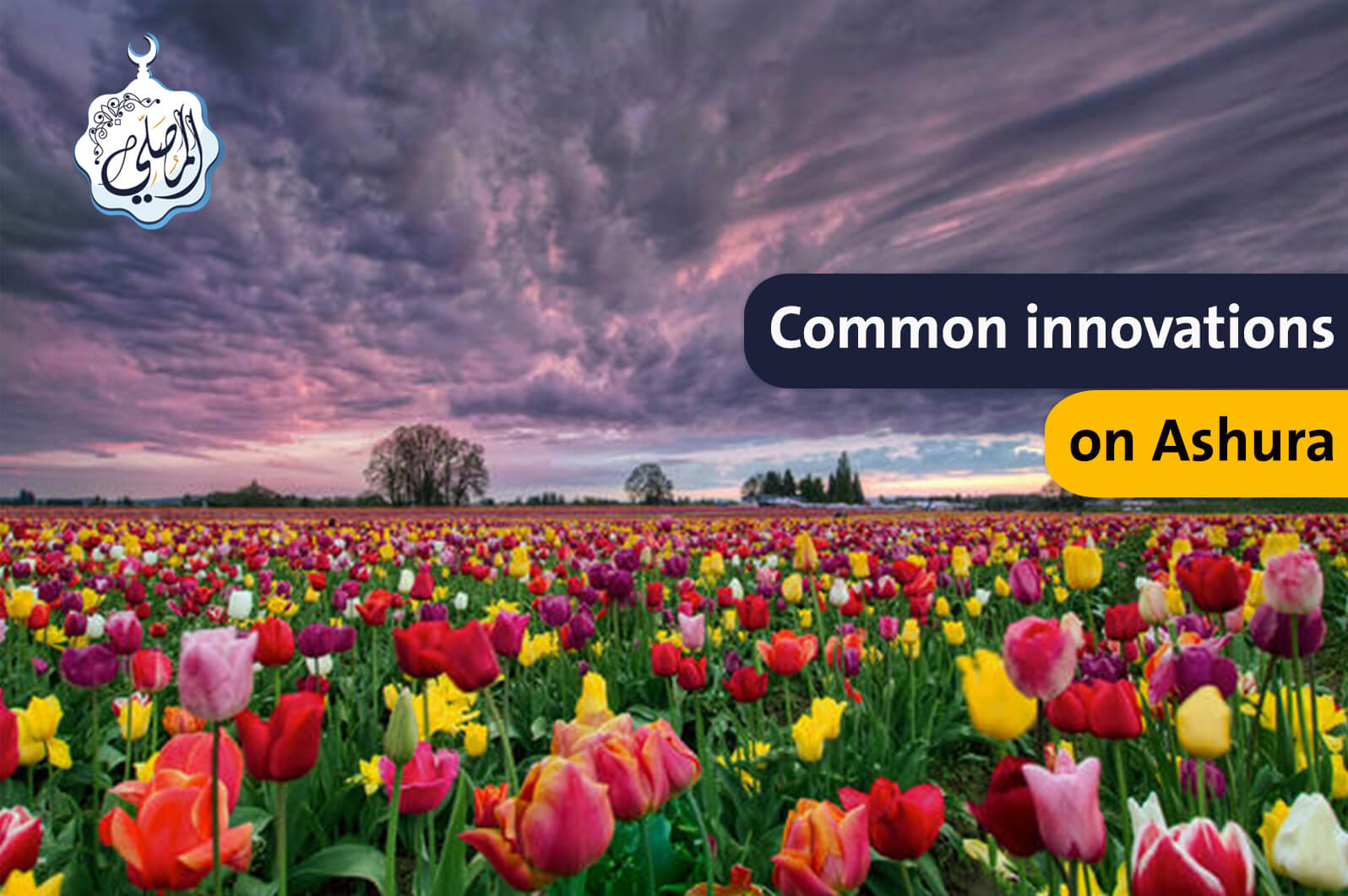
The Quran, as the primary source of revelation for Muslims, is a book of profound wisdom and guidance. However, its intricate language, historical context, and allegorical expressions can sometimes pose challenges to understanding. To aid in comprehending the Quran's messages, Islamic scholars have developed a rich tradition of commentary known as tafsir. Tafsir plays a crucial role in unraveling the Quran's meanings, ensuring its relevance to successive generations, and providing a framework for ethical and spiritual guidance.
What is Tafsir?
Tafsir, derived from the Arabic root fasara, which means "to explain," is the art and science of interpreting the Quran. It involves delving into the Quran's linguistic nuances, historical context, and prophetic traditions (Hadith) to uncover its deeper meanings. Tafsir can be broadly categorized into two types:
Quranic Tafsir: This type of commentary relies solely on the Quran itself to interpret its verses. It involves analyzing the linguistic structures, thematic coherence, and internal consistency of the Quranic text.
Hadith-Based Tafsir: This approach incorporates Hadith (sayings and actions of the Prophet Muhammad) to elucidate the Quran's meanings. Hadith can provide valuable insights into the historical context, cultural references, and practical applications of Quranic verses.
The Importance of Tafsir
Tafsir serves as an invaluable tool for understanding the Quran. It helps to:
Clarify Ambiguities: The Quran often uses allegorical language or metaphors that may be difficult to comprehend at first glance. Tafsir can clarify these ambiguities by providing context and explanations.
Resolve Contradictions: Some Quranic verses may appear contradictory when read in isolation. Tafsir can reconcile these apparent contradictions by examining the broader context and intended meaning of the verses.
Apply Quranic Teachings to Daily Life: Tafsir can help Muslims to understand how the Quranic teachings can be applied to their daily lives, guiding them in matters of faith, morality, and social behavior.
Preserve Islamic Heritage: Tafsir has played a vital role in preserving the Islamic heritage by transmitting the Quranic understanding from generation to generation.
Conclusion
Tafsir is an essential tool for understanding the Quran and its timeless messages. By providing context, clarification, and guidance, tafsir enables Muslims to connect with the Quran on a deeper level and apply its teachings to their lives. As Islamic scholarship continues to evolve, the role of tafsir will remain indispensable in ensuring the Quran's relevance and impact on future generations










 share facebook
share facebook share whatsApp
share whatsApp share twitter
share twitter share telegram
share telegram copy
copy







